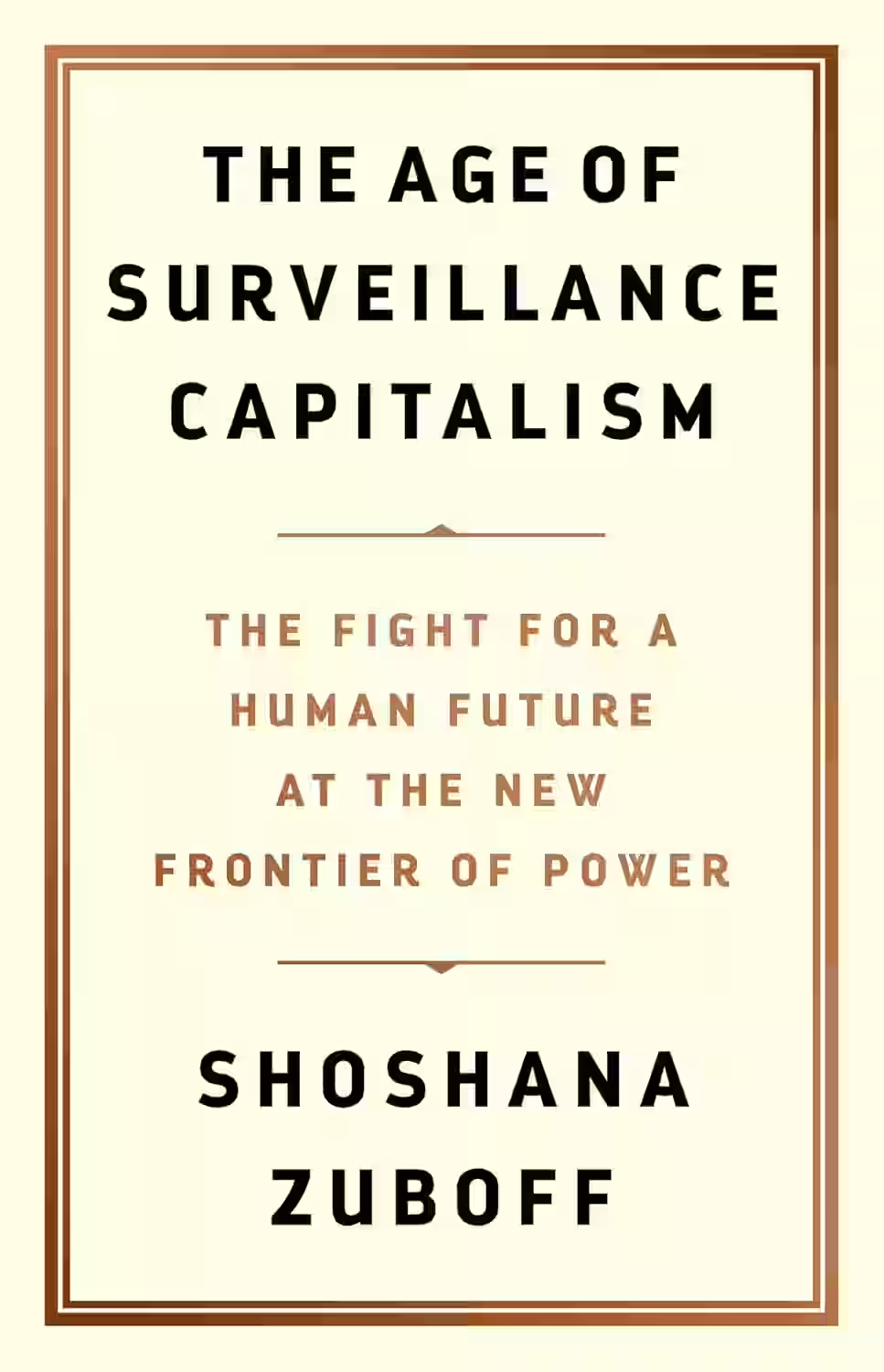
In 'The Age of Surveillance Capitalism', Shoshana Zuboff delves into the pervasive nature of tech giants like Google and Facebook, exploring how they have transformed into surveillance capitalism entities. Through meticulous research and analysis, Zuboff uncovers the methods used by these companies to capitalize on our personal data, ultimately posing a threat to privacy and individual autonomy. She raises crucial questions about the implications of this new form of capitalism on society, democracy, and human freedom. Zuboff's groundbreaking work offers a comprehensive examination of the digital landscape, shedding light on the urgent need for regulations and ethical considerations in the digital age.
About Shoshana Zuboff
Shoshana Zuboff is a renowned author and scholar known for her groundbreaking work in the realms of technology, surveillance capitalism, and business theory. With a background in social psychology and philosophy, Zuboff's keen insights have shaped discourse on the societal implications of digital technologies. Her seminal work 'The Age of Surveillance Capitalism: The Fight for a Human Future at the New Frontier of Power' garnered widespread acclaim for dissecting the ways in which corporations exploit user data for profit. Zuboff's research and writing have had a significant impact on understanding the intersection of technology, capitalism, and privacy in the digital age.
Similar Books
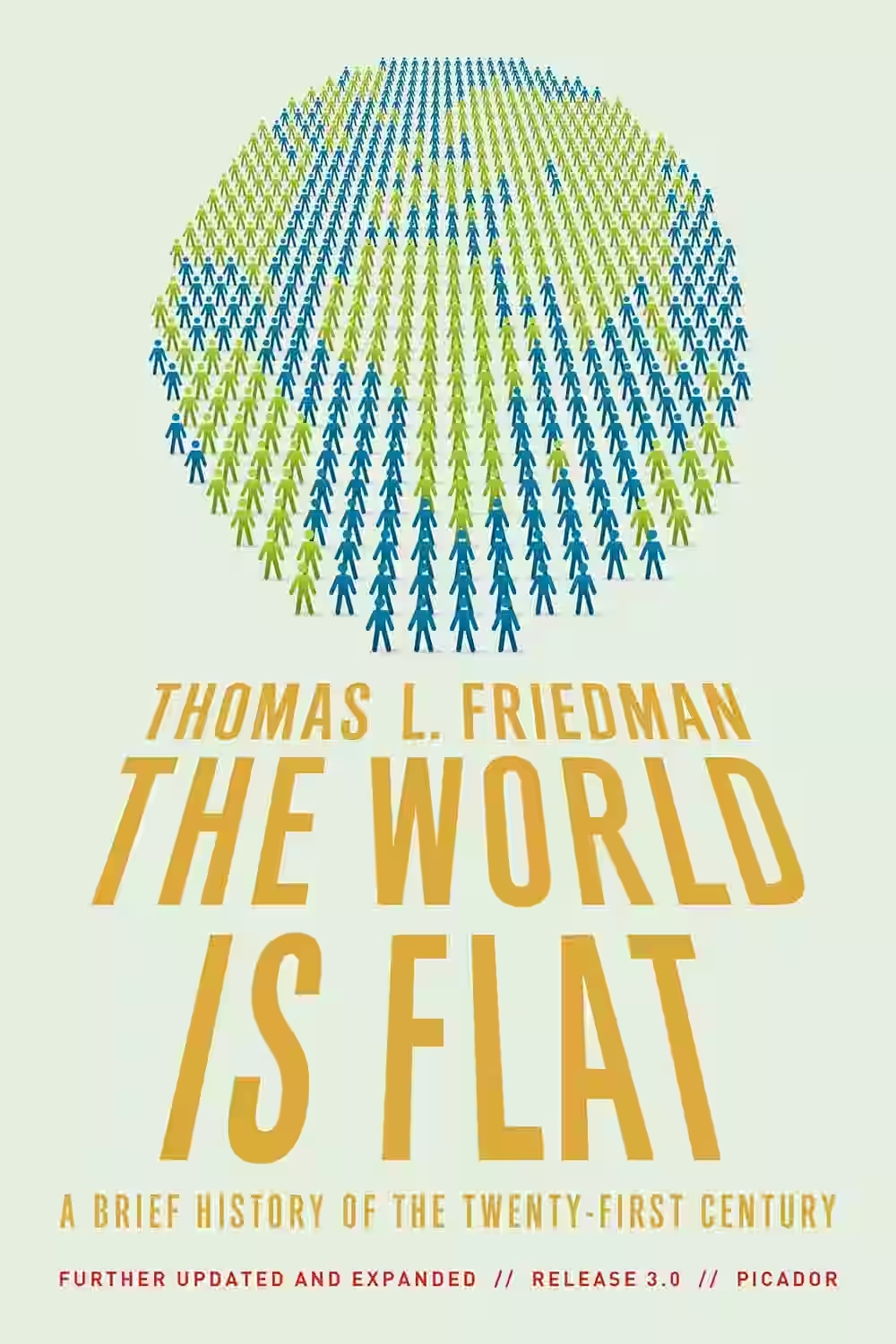
The World Is Flat
In 'The World Is Flat,' Thomas L. Friedman explores the concept of globalization and its impact on our interconnected world. He delves into how technological advancements, particularly the rise of the internet, have leveled the playing field for individuals and businesses worldwide, creating both opportunities and challenges. Friedman argues that in this 'flat' world, countries and individuals must adapt to stay competitive. Through engaging anecdotes and analysis, the author paints a vivid picture of a world where traditional boundaries are becoming increasingly blurred. This thought-provoking book challenges readers to rethink their place in a globalized society.
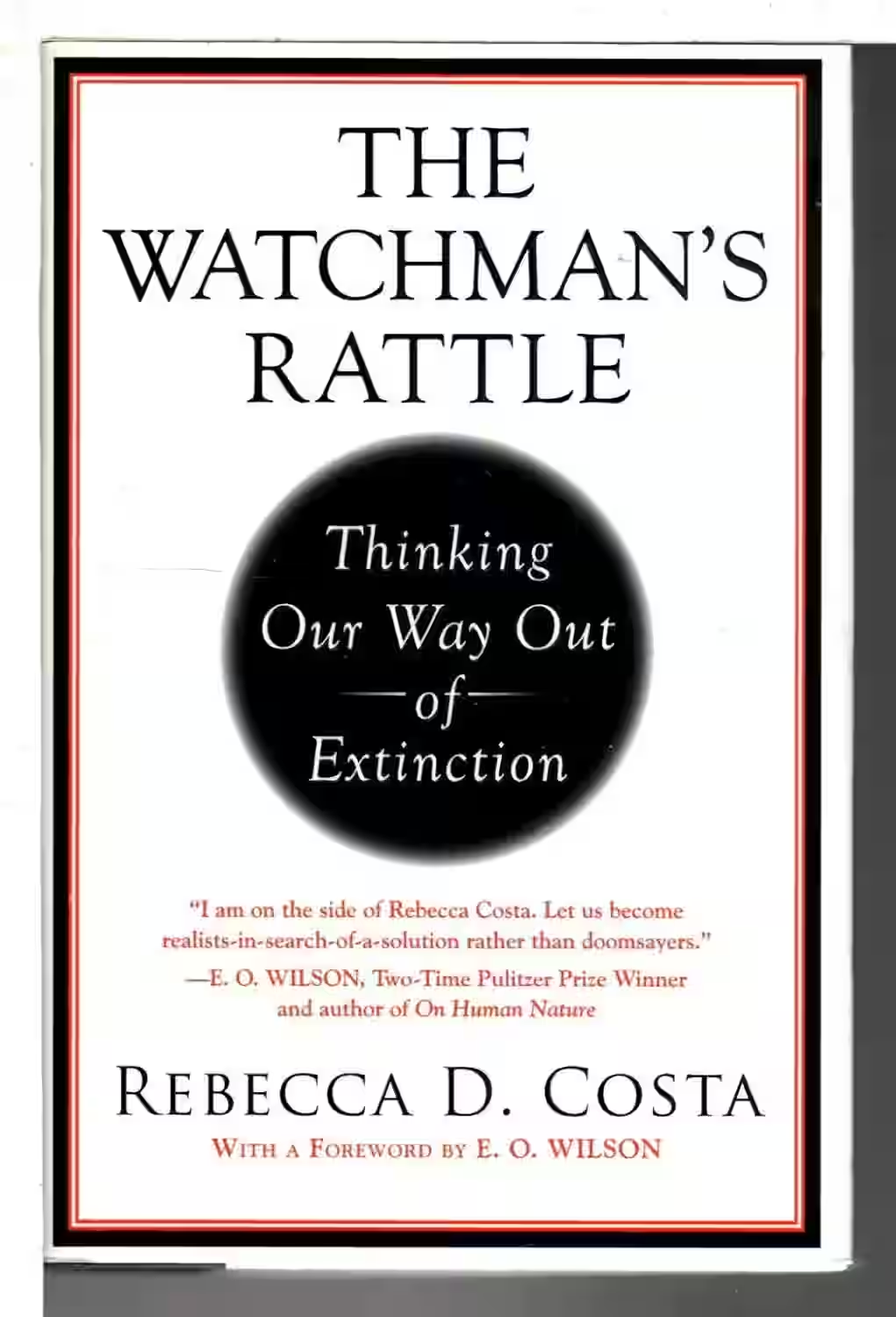
The Watchman's Rattle: Thinking Our Way Out of Extinction
Rebecca Costa’s The Watchman’s Rattle explores how civilizations collapse when complexity outpaces our ability to solve problems. Blending science, history, and psychology, she argues that as global crises become more complex, society risks paralysis unless we evolve our cognitive strategies. Costa introduces the idea of “cognitive threshold,” suggesting we must adopt new ways of thinking—such as intuition and pattern recognition—to survive modern challenges. The book links ancient failures with contemporary threats like climate change and global instability. It’s a call to embrace adaptive thinking before our most pressing problems become unsolvable.
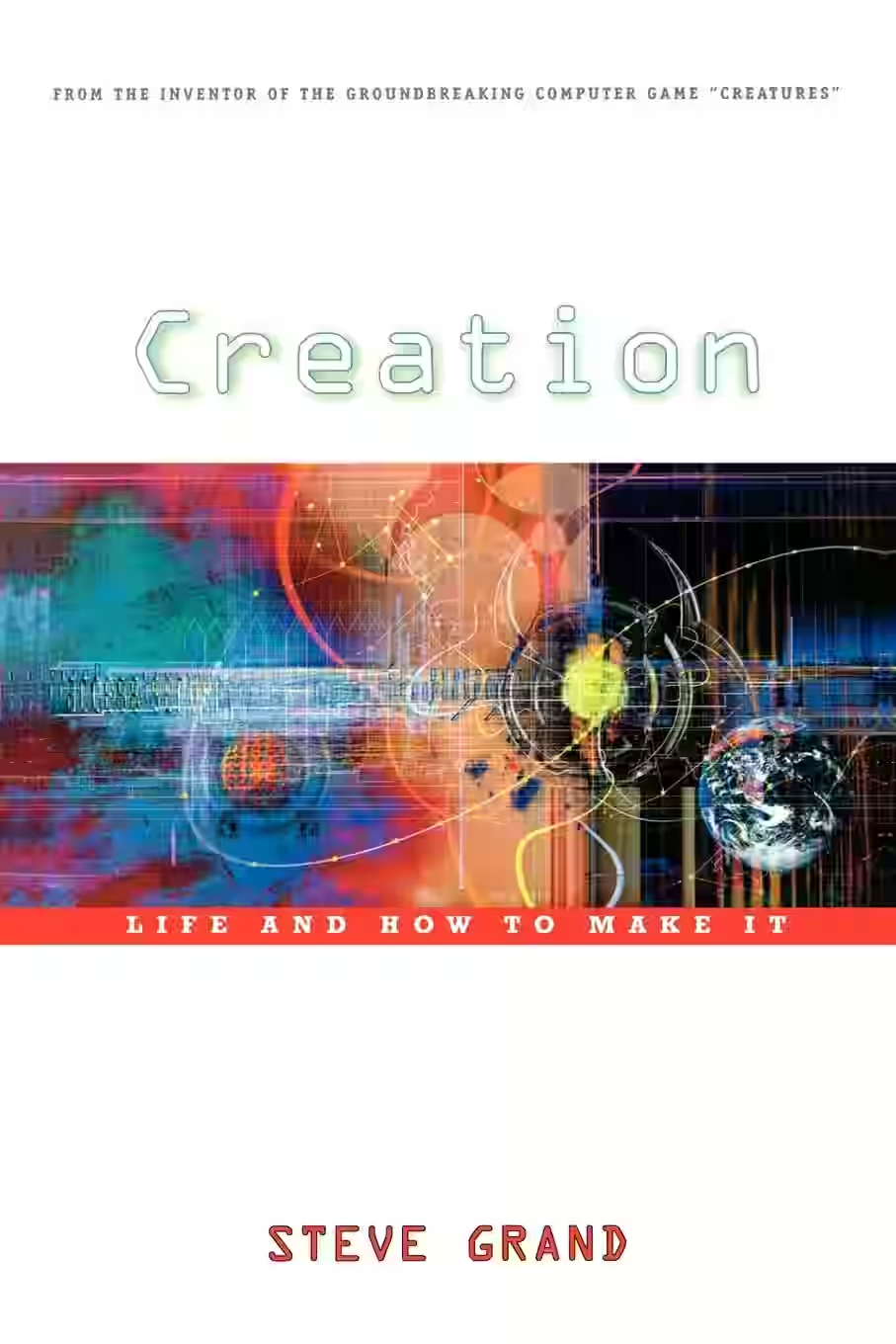
Creation: Life and How to Make It
In Creation, Steve Grand—creator of the artificial life game Creatures—explores the nature of life, intelligence, and consciousness from the perspective of an artificial life researcher. Blending computer science, biology, and philosophy, Grand argues that life can be understood and even recreated through complex, self-organizing systems. He challenges traditional views of the mind and body, suggesting that understanding emergence and connection is key to replicating living processes. With imagination and technical insight, Creation is a provocative meditation on what it means to be alive—and whether machines can one day truly think, feel, and evolve like biological organisms.
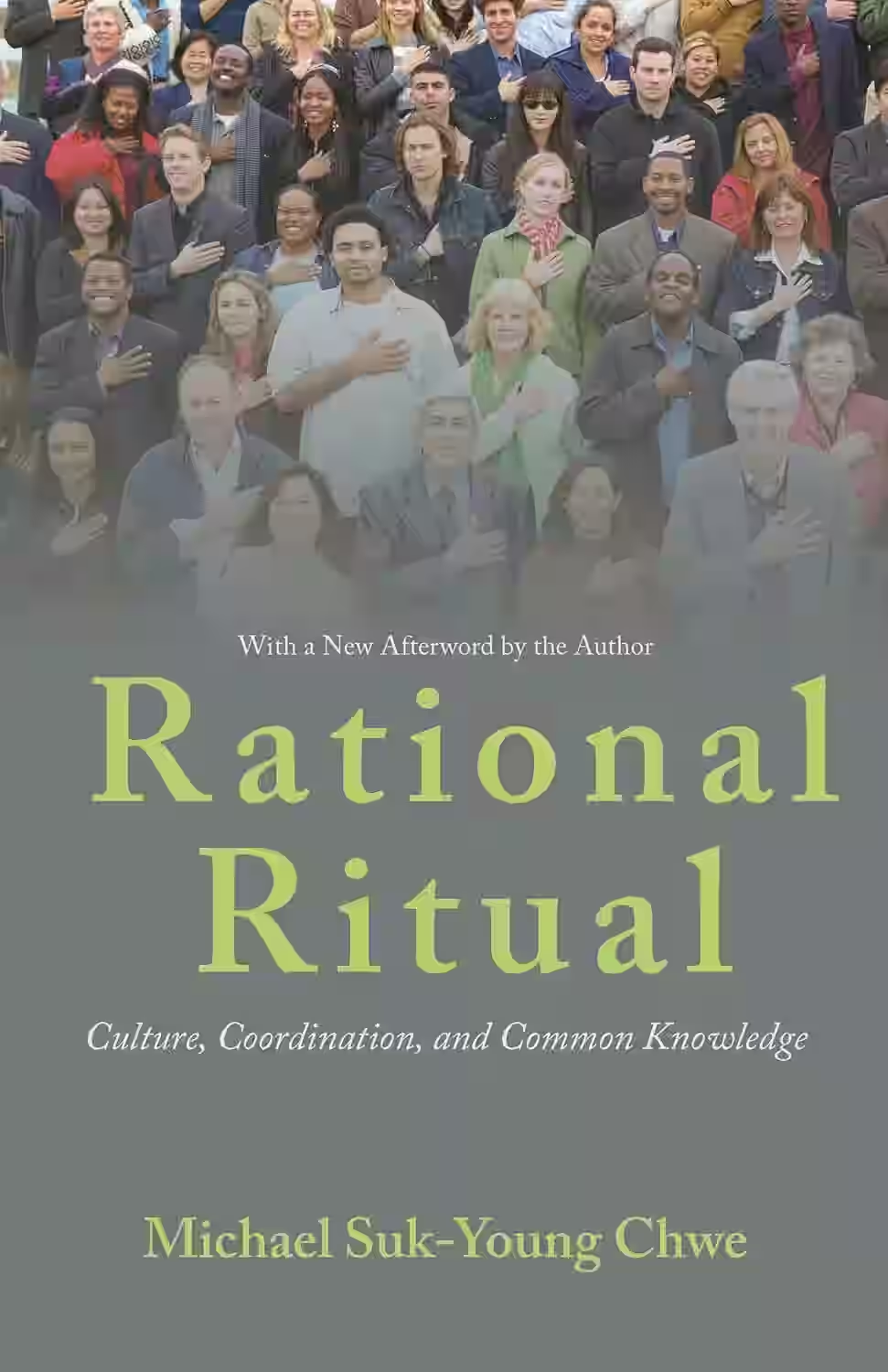
Rational Ritual
Rational Ritual explores how rituals—from presidential inaugurations to sports events—create common knowledge, a shared awareness that everyone knows everyone knows. Chwe, a game theorist, argues that these shared experiences are vital for coordination in society. By applying game theory to cultural rituals, he sheds light on why such practices persist and how they help societies function. The book offers unique insights into advertising, politics, and social networks. Zuckerberg recommended Rational Ritual for its relevance to online platforms, where creating and managing shared experiences is key. It’s an intellectually stimulating read for anyone interested in the intersection of culture and logic.